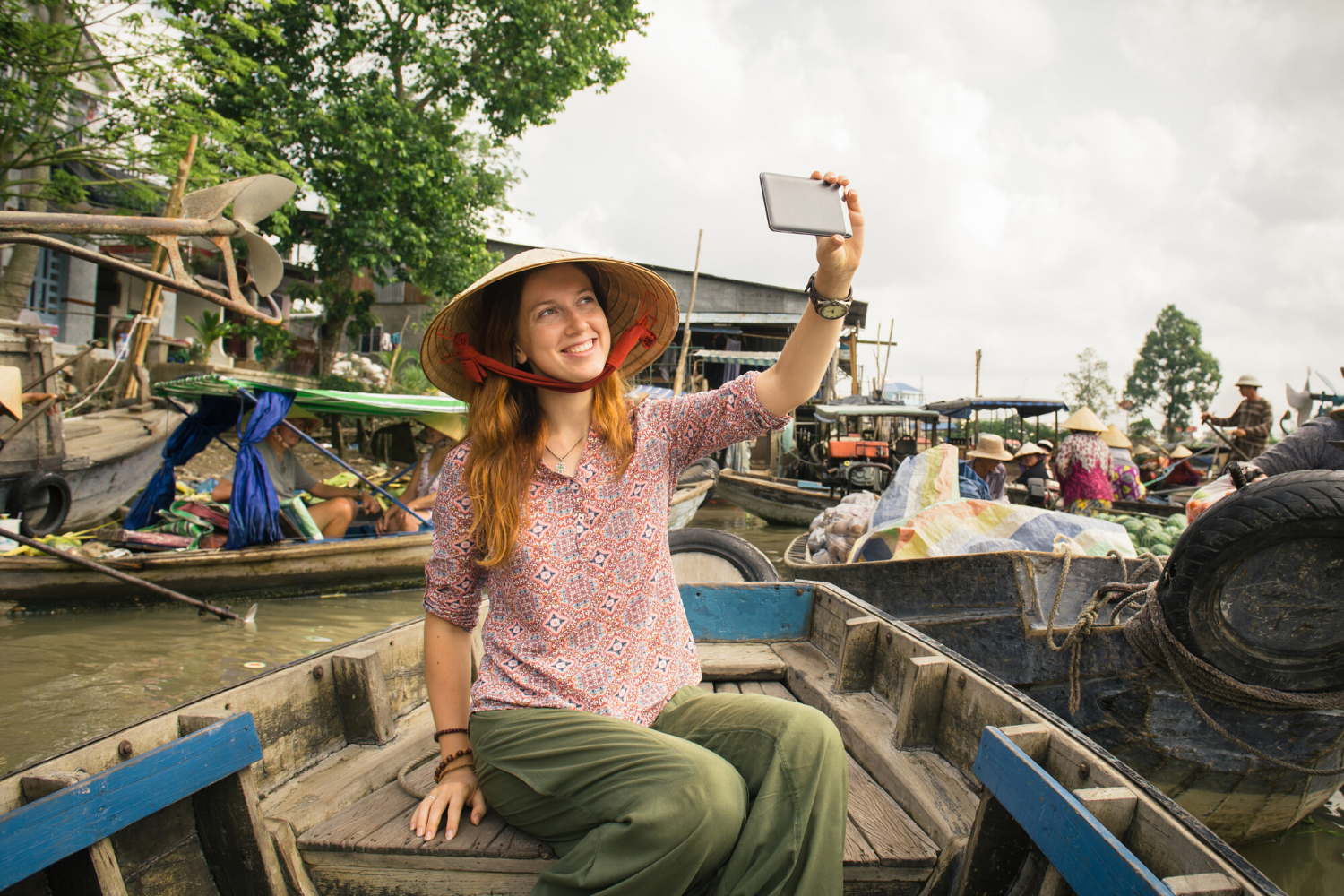
It should come as no surprise that even as we enter the new decade, industries such as retail and travel are seeing continued investments in digital platforms and solutions aimed at delivering hyper personalisation.
The reason is that millennials have risen in purchasing power, becoming the dominant driver of business and growth. Any business that market its products or services to this audience must adapt and develop innovative approaches to address dramatic shifts in customer behaviour, as well as the demands for mobile and social media.
Yet personalisation is much more than tweaking a Marcom message or deploying a new CRM platform or technology. It is all-inclusive, but in many cases, also involves modifying an existing product or service, transforming it into an experience that resonates with millennials.
When it comes to travel, millennials want exactly that. Today’s consumers are looking for a travel experience that is simultaneously immersive, engaging, inspiring and in some way transformational. For destination marketing organisations, resorts, or tour operators, this means they must now push authentic local experiences more appealing and unique in order to attract visitors and draw them away from competitors.

The next big part of the equation for travel operators is to market their experience to millennials, and this is where businesses (travel included) needs to put in more work. A number of surveys revealed that, in the eyes of consumers, brands are failing to deliver the level of personalisation that they desire.
To achieve true personalisation, travel operators must engage their audience from multiple touch points, using data gathered from all possible sources. Coined as hyper personalisation, this typically involves taking on new technologies and overhauling legacy systems, i.e undergoing digital transformation.
As one could imagine, this takes up a lot of time, which is part of the reason why businesses are slow to respond. Since travel personalisation has yet to be in perfected by any in the industry, developing hyper personalised strategies presents another challenge. In Asia, gaps in technology and strategising are prompting travel professionals to attend Digital Travel Summit APAC, an annual gathering of travel verticals in marketing, e-commerce and customer experience to engage in high level quality discussions.
Day 1 is allocated to achieving personalisation at scale, followed by the future of CX (customer experience) for Day 2. As with previous years, a technology evaluation pre-day will be held for travel brands to benchmark their technologies against their peers, and to meet next generation travel technologies and their providers.
With powerhouses such as Singapore Airlines, Shangri-La, Hilton and Grab representing the speaker line-up, audiences are guaranteed to not only learn from the best of their category, but also get the unique opportunity to cross-learn from relevant case studies, all in the convenience of a single location.




















